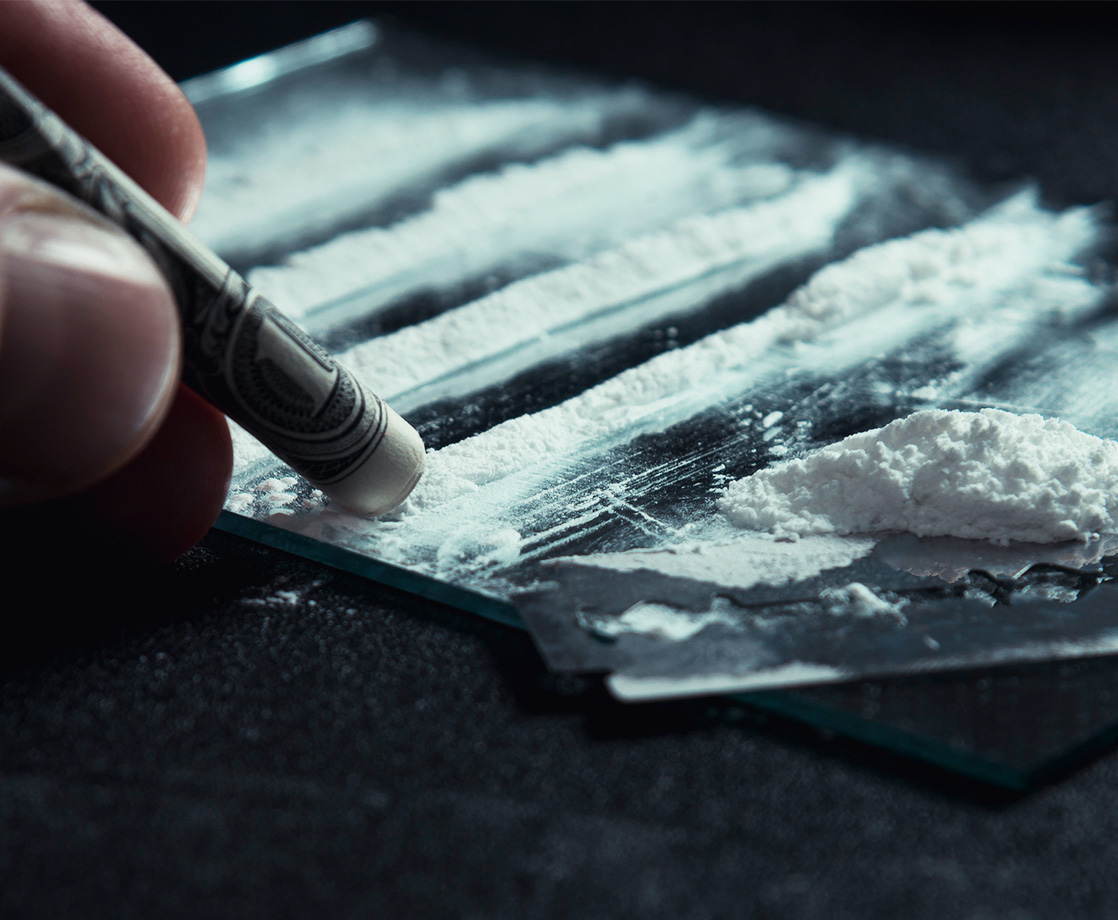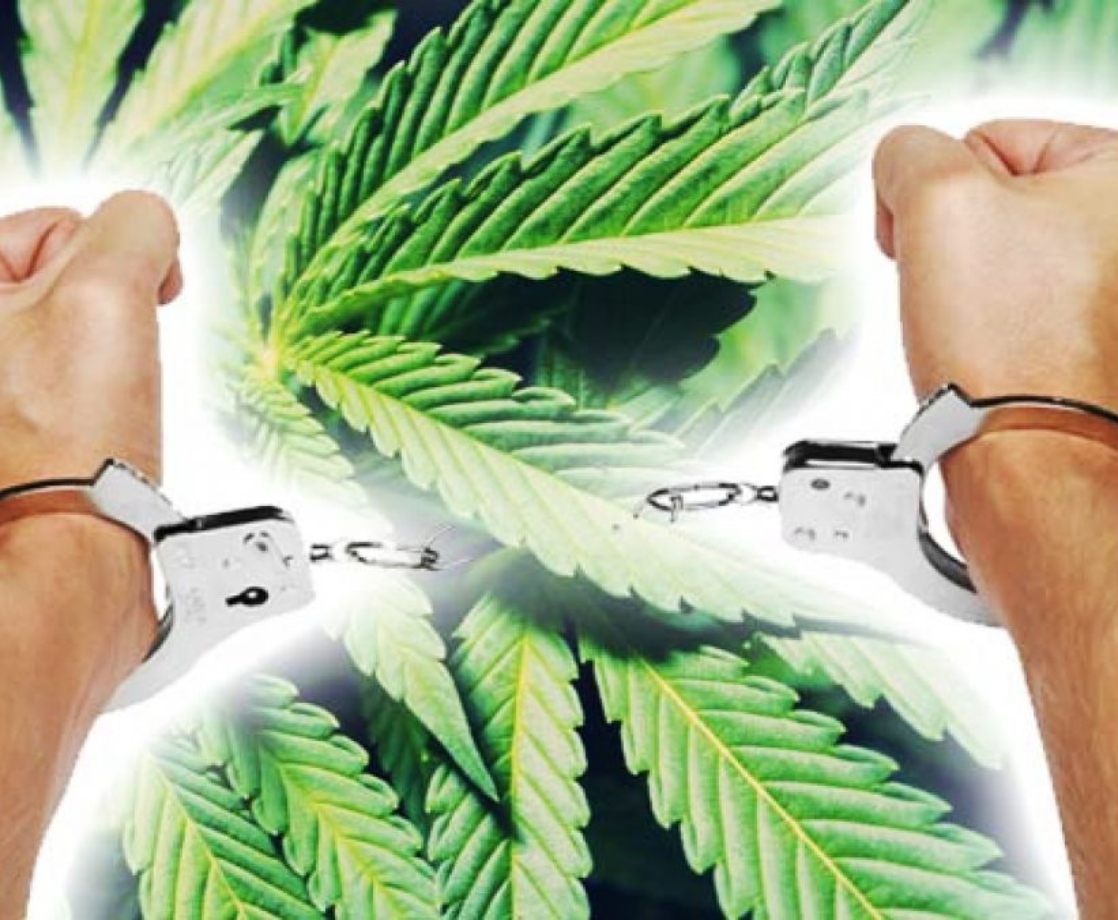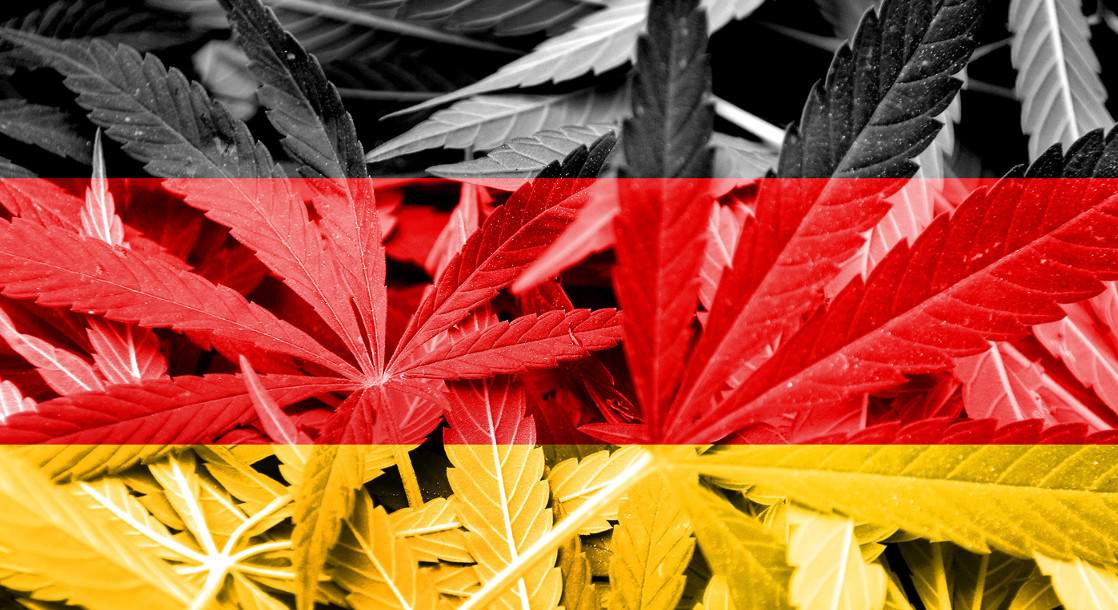Cocaine use just became legal for two Mexican residents, according to a court ruling designed to challenge Mexico’s draconian drug laws.
The ruling, issued Tuesday at a court in Mexico City, stated that two unnamed individuals, who requested recreational cocaine access from the court, could legally use and possess — but not sell — cocaine in practically any form. That means they’re allowed to snort, smoke, or inject it, too.
However, for the ruling to truly take effect, a tribunal must first approve the lower court’s “historic” ruling. So far, the Mexican government has considered legal recreational drug use on a case-by-case basis if someone requests it from a court. Recently, Hollywood actor and Mexican citizen Diego Luna (Rogue One: A Star Wars Story, Y Tu Mamá También,) was granted permission to use recreational weed after he requested access from a judge.
“We have spent years working for a more secure, just, and peaceful Mexico,” said Lisa Sanchez, director of the Mexico United Against Crime group, in a press release. “This case is about insisting on the need to stop criminalizing… drug users and designing better public policies that explore all the available options.”
Mexico’s President Andrés Manuel López Obrado campaigned on serious drug policy reforms, and it looks like he’s following through on those promises. Obrado’s 2019-2024 National Development Plan stated that Mexico’s current “prohibitionist strategy is unsustainable,” and that the War on Drugs has only led to “violence and poor public health outcomes.”
Gallery — Vintage Cocaine Advertisements:
Mexico has long served as a waypoint between drug customers in the US and drug producers in Central and South America. Mexico saw an estimated 150,000 murders connected to organized crime since 2006, when the Mexican Army was called in to stop the explosion of cartel violence that rocked the country shortly after the collapse of Colombia’s two biggest cocaine cartels. By 2007, Mexico’s cartels controlled 90 percent of the cocaine entering the US.
Some of the biggest Mexican cartels have, in many ways, become their own self-sustaining criminal-states since then by rigging elections, lining the pockets of elected officials, buying off corrupt police, and even sending out their own press releases to big media outlets. In January, during the trial of cartel kingpin El Chapo, one witness testified that Mexico’s then-President Enrique Peña Nieto accepted over $100 million in bribes to keep authorities away from El Chapo’s operations.
“This case represents another step in the fight to construct alternative drug policies that allow [Mexico] to redirect its security efforts and better address public health,” said anti-crime group officials, according to the New York Post.
Will ending Mexico’s War on Drugs put an end to the cartels and their rampant violence, too? It’s still too early to tell, but if the country decriminalizes or legalizes all drugs, as it’s currently considering, we could soon have another nation besides Portugal to point to as an example of sensible, tolerant drug policy that actually works.
Follow Randy Robinson on Twitter











